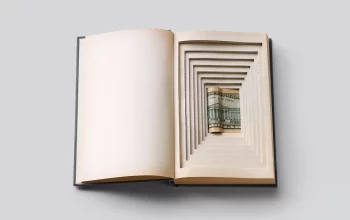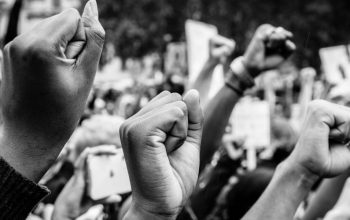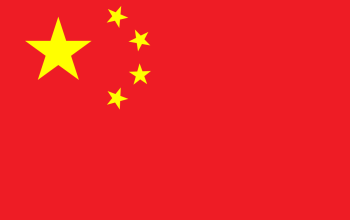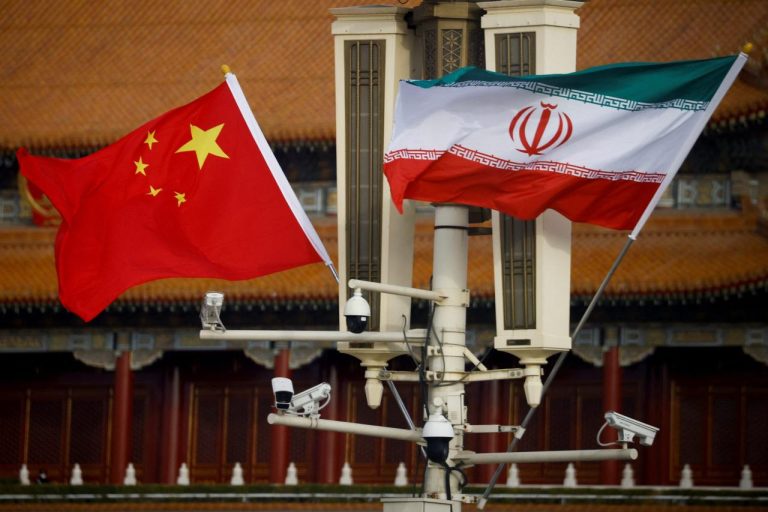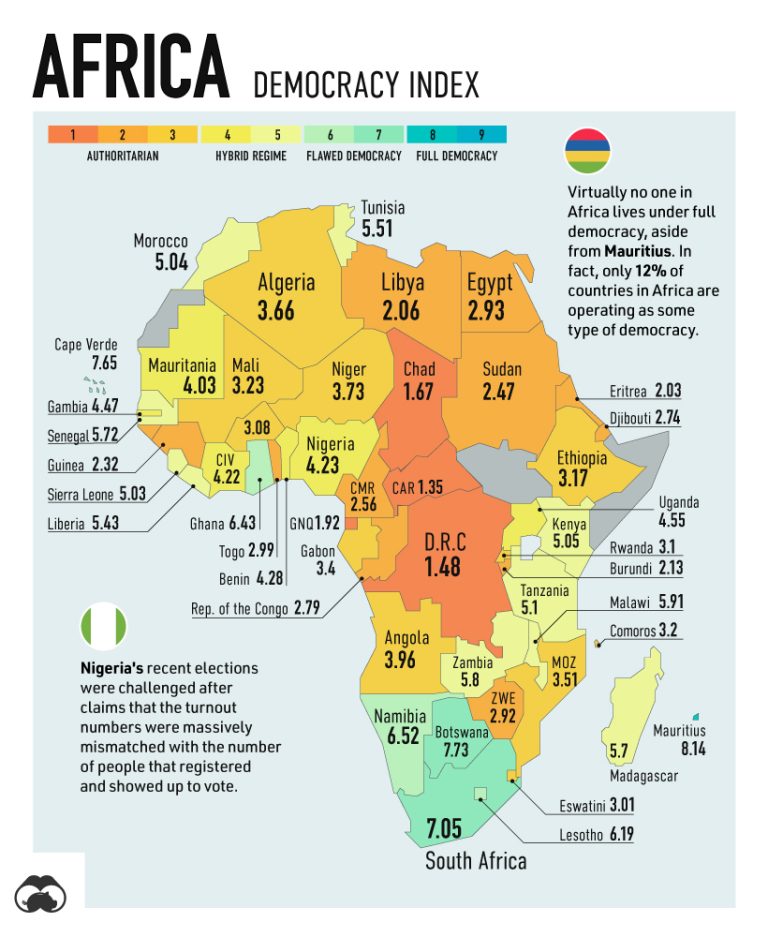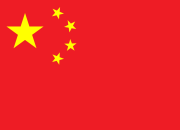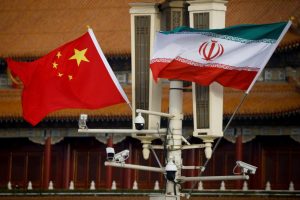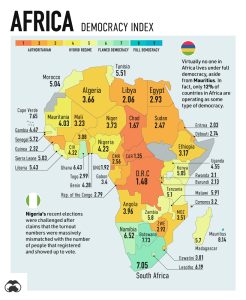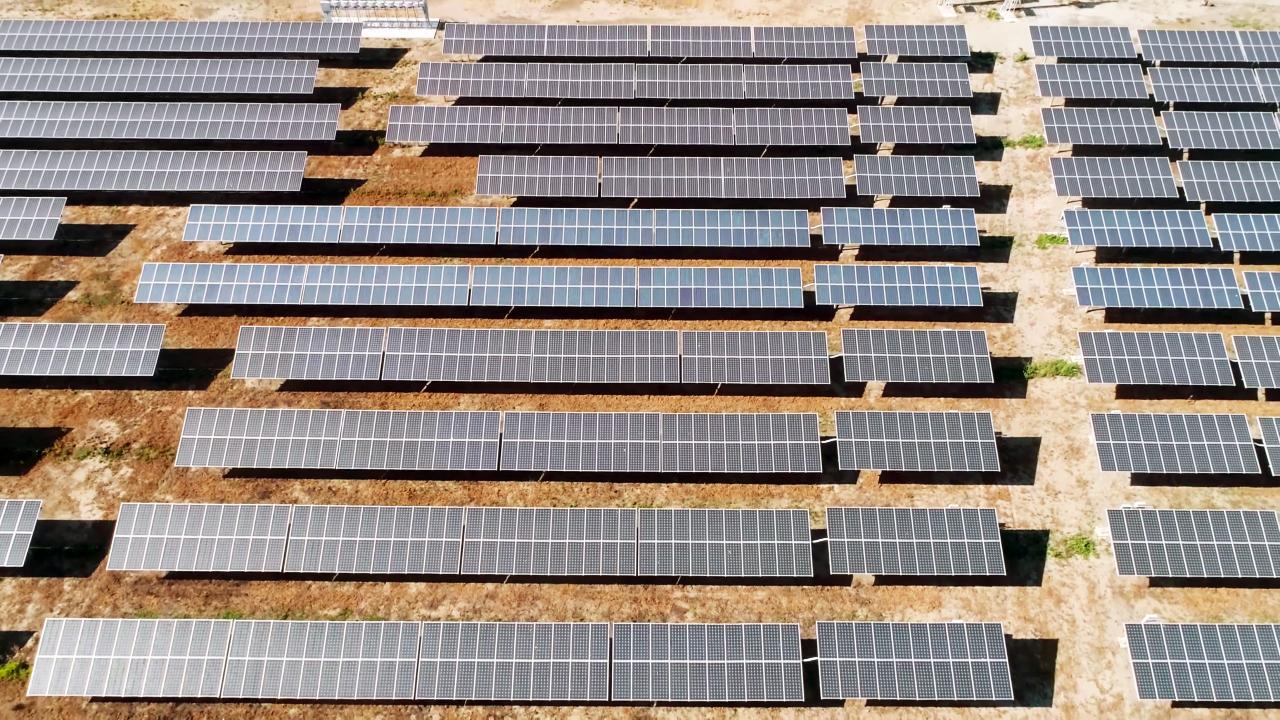
What is Politics?
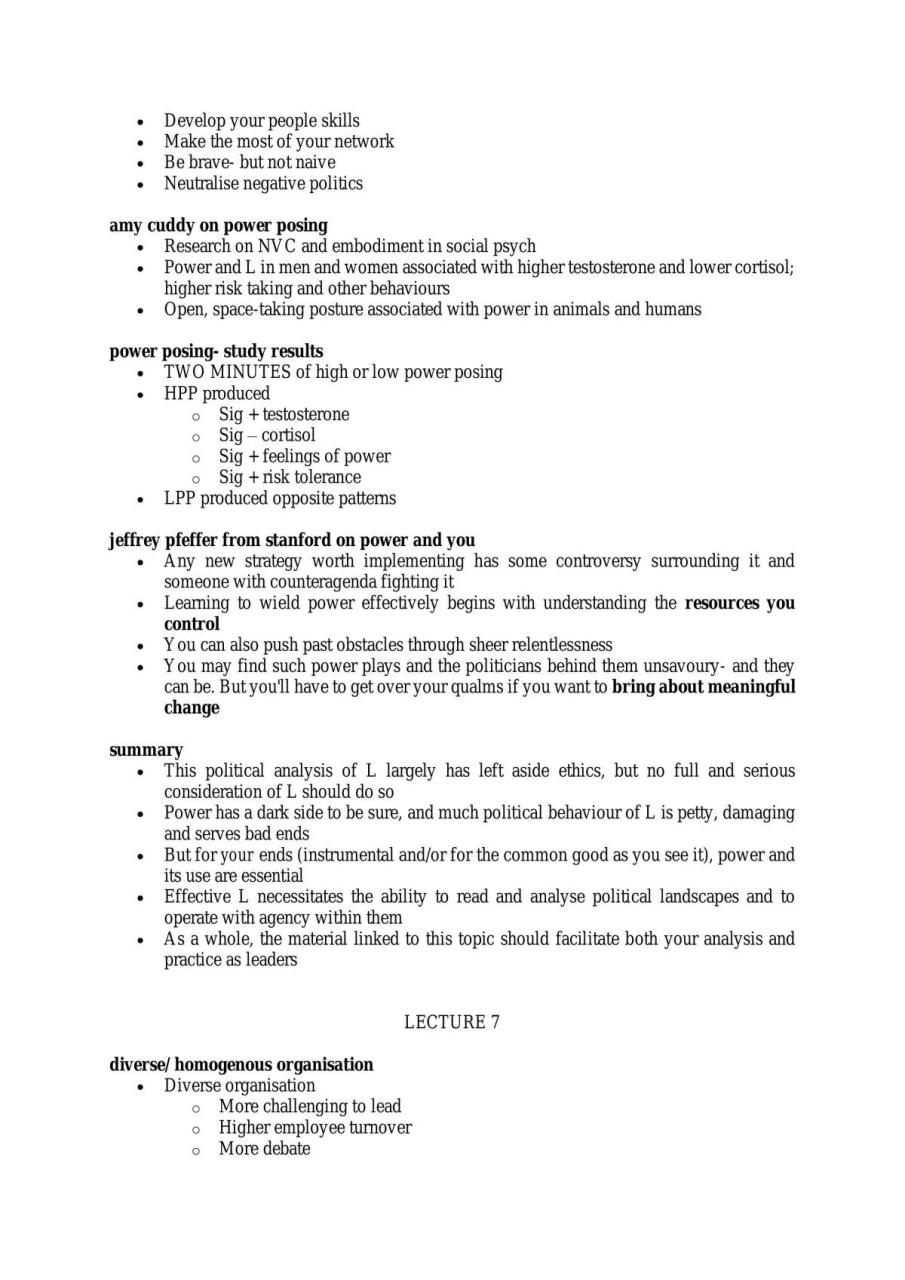
Politics is defined as the science or art of governing a country, state, or any organization. It involves the use of power to influence decision-making. Power is the ability to control resources, institutions, and people.
The Importance of Politics
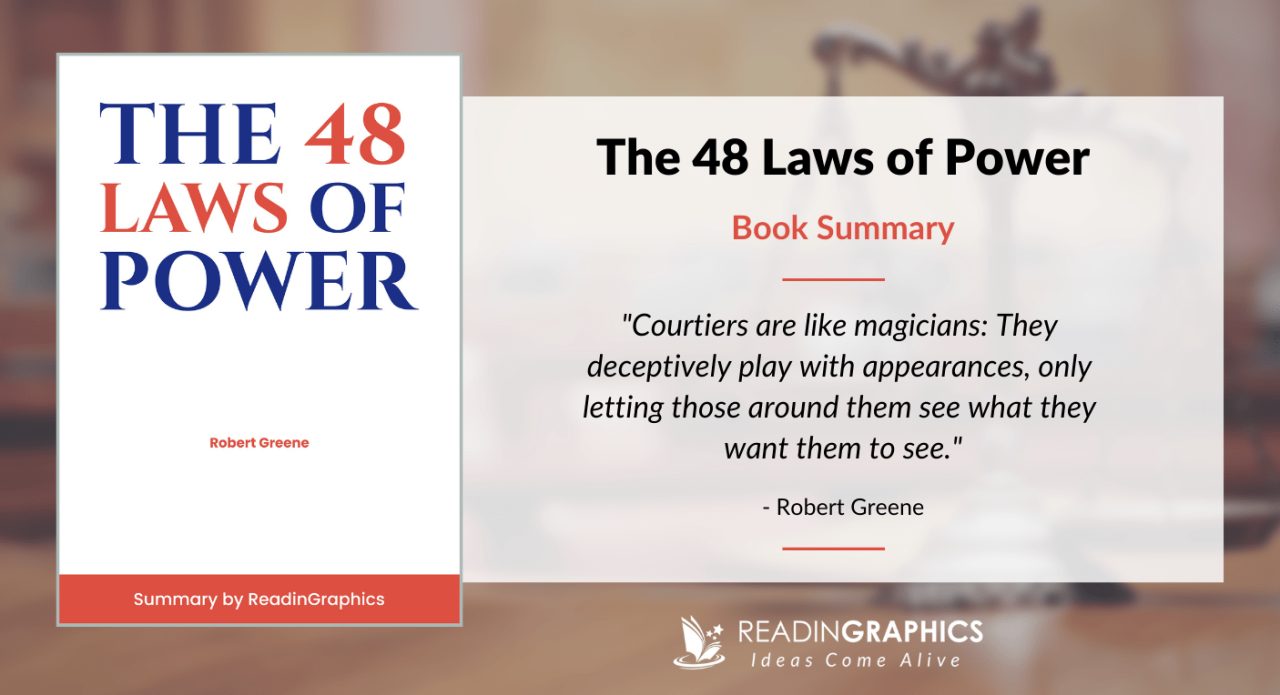
Politics is important because it shapes the society we live in. It determines the laws, policies, and systems that govern us. It affects our daily lives, from the economy to the environment. Politics also determines who has access to power and resources. Understanding politics helps us make informed decisions as citizens.
The Power Plays in Politics
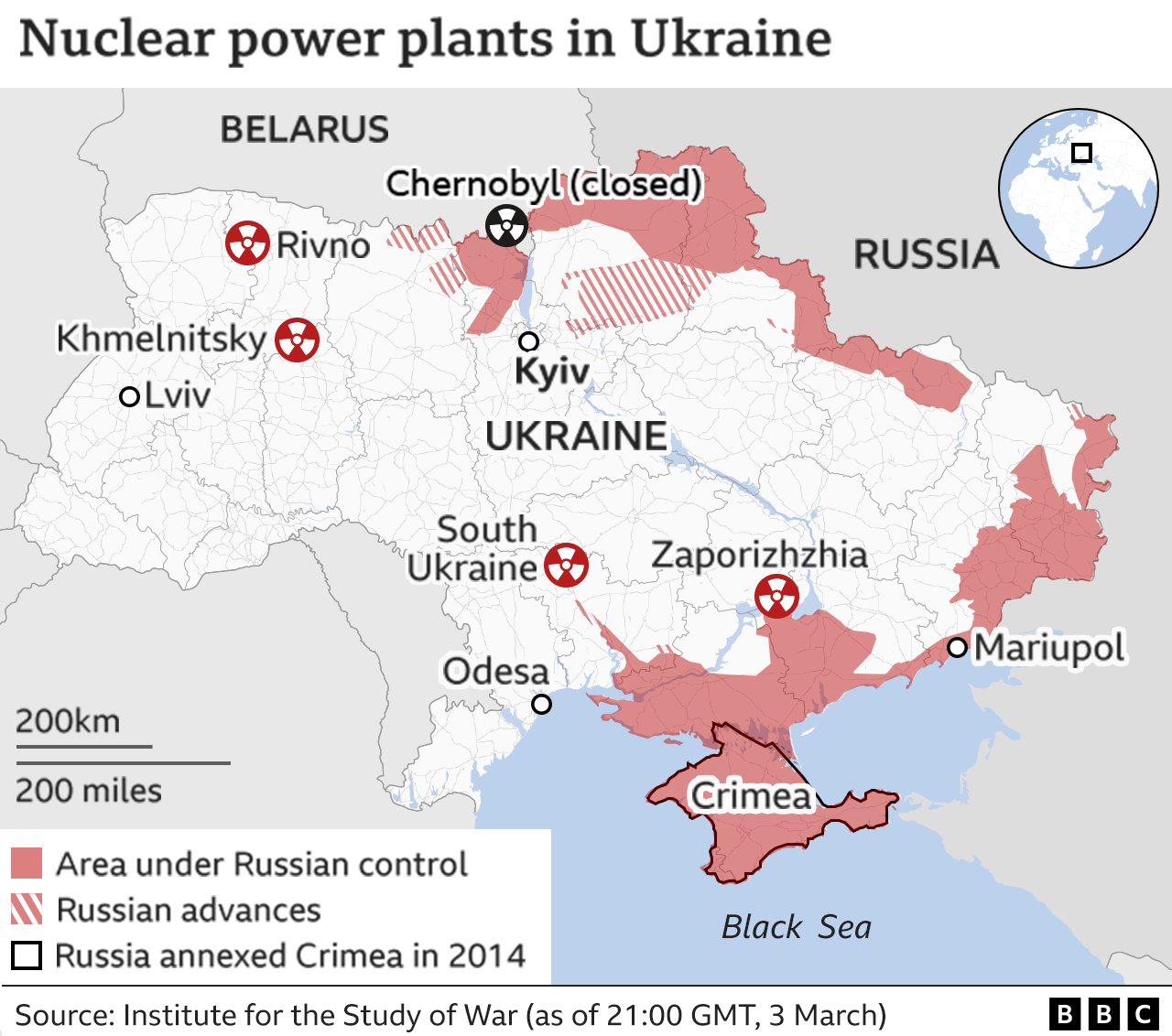
Politics is a game of power, and those who hold the most power have the most influence. The power plays in politics include:
- Money: Money is an important resource in politics. It is used to fund political campaigns and sway public opinion.
- Media: The media has the power to shape public opinion. Politicians often use the media to spread their message and influence voters.
- Interest Groups: Interest groups are organizations that work to influence political decisions. They represent various social and economic interests.
- Lobbyists: Lobbyists are individuals who work to influence political decisions on behalf of a particular interest group or corporation.
- Political Parties: Political parties are organizations that seek to control government through the election of their candidates.
The Role of Citizens in Politics

Citizens play an important role in politics. It is their responsibility to vote, participate in political conversations, and hold their elected officials accountable. Citizens can also join interest groups and movements to influence political decisions that affect their lives.
Conclusion
Politics is a complex game of power and influence. Understanding how it works is essential for citizens who want to make informed decisions and hold their elected officials accountable.


